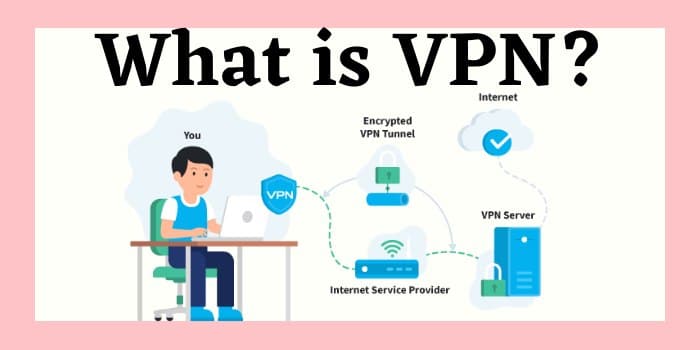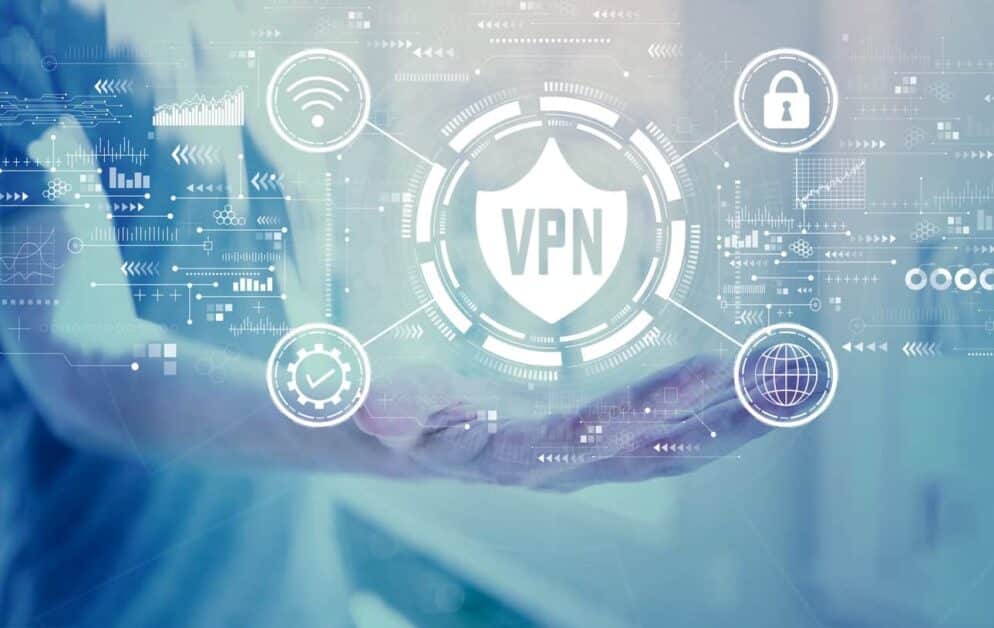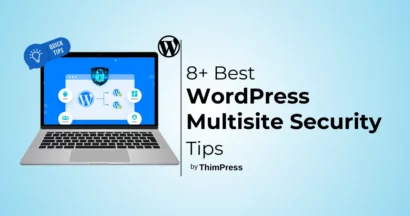Virtual private nets (VPN) allow you to establish a highly confidential linkage, which is difficult to obtain using other services. It forms a kind of digital tunnel that allows you to safeguard traffic from being intercepted by third parties. All transmitted data are encrypted and passed through several remote servers. As a result, the real IP is hidden.

A VPN is famous for its security. It is probably unnecessary to say that a computer for each of us is a personal safe, which stores a lot of important and confidential information. Therefore, this service is now massively negotiated on the forums. The risk of info interception by a third party is completely excluded. Secure Connectivity is the hallmark of VPN technology.
The main factor of virtual nets is trustworthiness. But, unfortunately, no ideally functioning VPN services exist. Often, a disconnection within the created digital tunnel leads to the fact that the linkage continues to pass through the IP of the supplier. This allows them to track the actions performed, but the user may not even notice it.
Why Do We Need VPN?

Typically, a VPN comes to provide company employees access to their work computers, for example, from their homes. When using a private net connection, enterprise employees can have access to external drives, printers, and other essential office tools, while physically, they can be located anywhere. You should not have the impression that we only can use VPN on businesses and large companies. This technology can also be used for the personal goals of a particular person, for example, when he or she goes outside.
VPN for Personal Usage
In some cases, we use a VPN to hide your real IP and become anonymous. In other cases, it is necessary to download the desired file from another network that does not allow access from the IP addresses of the country in which the user is located. The third option is the need to encrypt the traffic transmitted from the user’s computer to the destination. That is, there are many options for using VPNs.
Another advantage of a VPN is anonymity. You probably know that your actions on the web are unprotecting. For instance, it’s easy for your ISP to see all the platforms and sites you visit. Using a virtual private network allows you to protect yourself from third-party people. They will not be able to trace which sites you visited and what you did there. If you’re looking for affordable options, consider exploring a cheap VPN that maintains security and privacy.
Examples
Let’s consider not the hypothetical, but the real situation of using this technology. At the moment, the use of free and open Wi-Fi networks in cafes, hotels, and other public places is becoming more and more popular. The number of devices with which you can link to the global net is continually growing, including mobile phones, PDAs, netbooks, and so on. It is convenient to read the news on the web, check email, and link to your favorite social network. But it is unsafe. When analyzing your insecure traffic, it’s not difficult to access your private data and establish control over your computer.
If you search for ways to avoid this, you should require a safeguarding service. Before logging on to your email account or a social net via open Wi-Fi, you need to establish a VPN connection inside this insecure network. From this moment, you might install a secure channel between your computer and the resources that you intend to visit. Now, you are not afraid of data interception because VPN will carry out the encryption of data exchange. After establishing a tunnel, any information, even if it is intercepted, is too tough for hackers. And now you can safely enter a password for mail or connect to a social network.
The Reason of Your VPN’s Disconnecting

Some reasons affect the stability of the virtual net linkage operation. The main is the below problems:
- Network congestion. Virtual net connection stability may be compromised when connecting to a provider in public places. Congestion may occur in libraries, airports, cafes with a large concentration of users, etc. As a result, it will lead to its disconnection.
- Weak signal. Undoubtedly, if private networks make it easy to connect to remote servers, then Wi-Fi signal strength is not a significant factor. In fact, the reliability of the connection directly depends on its level. Loss of data when a linkage is broken due to a weak signal is a common occurrence.
- Inappropriate protocol for the VPN tunnel. If your linkage constantly disconnects when using a specific data packet, for example, PPTP, then you should use a different protocol.
- The impact of software products installed on the PC. Such programs as antivirus and firewall can help to get disconnected from a VPN. If you turned them off the linkage is stabilized, it is necessary to add the utilized virtual net to the exceptions in their settings.
- Unsuitable router. You should check whether the router supports a VPN linkage. With this intention, you can link to the web directly bypassing the router. If the shutdown stops, you should change the router.
If you can’t independently identify the cause of the unstable operation of virtual networks, then you should contact the specialists of the selected service.
Traffic Consumption
Virtual networks contribute to the growth of transmitted data, but the volume of traffic depends on the following factors:
- Encryption algorithm. Different services may vary drastically.
- Session options. If there is data exchange with the remote desktop, then it is contingent on the level of compression by RDP.
- Data exchange compression. You should find out if it is off.
- The number of information packets transmitted.
Therefore, if the cost of the Internet is contingent on the volume of traffic, then utilizing virtual networks will be expensive.
Read more How AI can help in Cybersecurity



